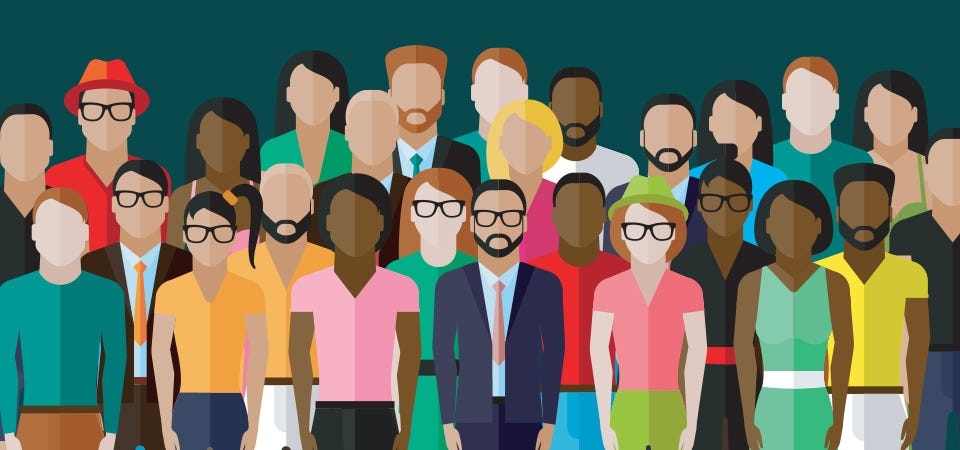What is Identity?

Identity- the qualities, beliefs, personality traits, and characteristics that make an individual or group distinct from others.
Types of Identity:
Personal Identity: A person’s understanding of who they are, based on their experiences, values, memories, and self-image. (What makes a person ‘them’)
Social Identity: How a person defines themselves through their association with various groups, such as family, ethnicity, nationality, gender, or profession. This is influenced by societies expectations.
Cultural Identity: A sense of belonging to a particular culture or ethnic group, shaped of shared morals, values, language, and traditions.
Femininity:
What is Femininity?

Femininity- the qualities, behaviors, and attributes traditionally associated with being female or womanly in society. For example traits like nurturing, sensitivity, empathy, and emotional expressiveness. However, femininity is culturally and socially constructed, and its definition can vary across different cultures and historical periods.
Traits associated with Femininity:
- Appearance: Societal expectations about how women should dress, or present themselves, such as wearing dresses or makeup (though these have changed through time.)
- Social Roles: The roles women are often expected to take on, such as care-giving (traditionally to their husbands and children), homemaking, or being emotionally supportive.
- Behavioral Expectations: Traits like politeness, compliance, and being nurturing toward others are often associated with femininity.
Masculinity:
What is Masculinity?

Masculinity-the qualities, behaviors, and roles that are traditionally associated with being male or manly in a given society. Like femininity, masculinity is socially and culturally constructed, meaning that what is considered “masculine” can vary across cultures and historical periods.
Traits associated with Masculinity:
- Strength: Physical power or resilience, often in traditional masculine roles (physical work ect.)
- Independence: Ability to be self-reliant, and the ability to manage things alone.
- Assertiveness: A tendency to take charge, express opinions confidently, or lead.
- Stoicism: The ability to remain emotionally controlled or unaffected, particularly in tough or challenging situations.
- Courage: A willingness to take risks or face danger, often seen as a sign of manliness.
- Dominance: A tendency to assert authority or leadership, sometimes linked to traditional gender roles in which men hold power over women.
How different aspects of Identity are influenced by your environment/ upbringing:

Gender Identity: The culture and environment in which someone is raised can affect how they express and understand their gender. In some places, traditional gender roles are strict, while in others, there’s more freedom to explore your gender.
Cultural Identity: Where you grow up shapes your connection to culture, language, and traditions. In a community that shares the same values, language, religion ect, cultural identity might be strong, while in diverse areas, people may adopt multiple cultural influences.
Social Identity: The groups we belong to, such as family, social class, or religion, are influenced by our surroundings. The values and norms of these groups shape our sense of self and how we relate to others.
Geographical Identity: Your sense of self can be tied to the region or country you’re from. For instance, a person from a bustling city like New York might identify with the fast-paced, diverse, and modern lifestyle. They may see themselves as part of a larger, diverse culture .On the other hand, someone raised in a rural village might identify with a quieter, more community-centered lifestyle, valuing close relationships and a connection to nature.
Political Identity: The political environment of where you live can influence your beliefs and values. Growing up in a particular political climate can strongly shape your political views and affiliation.
Loss or Lack of Identity: Migration, or rapid societal change can lead to a sense of lost identity. People who move away from their home cultures may struggle to fit into new environments, leading to confusion or social isolation.
Stereotypes and Prejudices: Stereotypes based on race, gender, or background can impact one’s identity. Living in an environment where prejudice is common can cause people to challenge these views.
